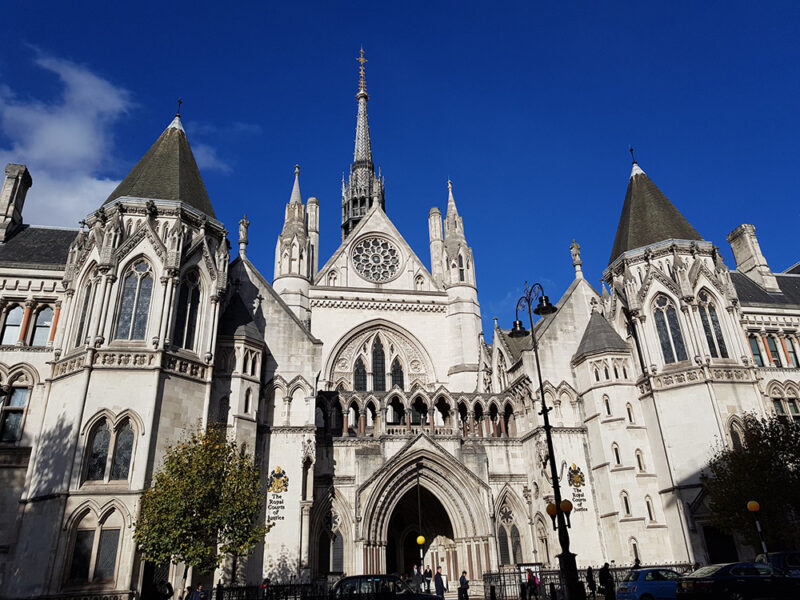
26 Mar Following Challenge By Disability Campaigner, Ambulance Trusts Develop Policies For Transporting Wheelchair Users In An Emergency
Last year, Esther Loukin, represented by Deighton Pierce Glynn Solicitors, brought a judicial review against North East Ambulance NHS Foundation Trust (“NEAS”), East of England Ambulance Service Trust (“EEAST”) and NHS England. She challenged:
- NEAS and EEAST’s failure to have a system or policy in place for the emergency transportation of wheelchair users with their wheelchairs;
- EEAST’s failure to make arrangements to transport her to hospital with her wheelchair when she faced a medical emergency in November 2023; and
- NHS England’s failure to give guidance to Ambulance trusts in relation to the emergency transportation of the wheelchair users together with their wheelchairs.
Compelling evidence, including powerful witness statements from disabled people across the country who are affected by the policy, was filed with the Court. The evidence detailed the devastating impact that these failures have on Ms Loukin and other wheelchair users. For example, if a wheelchair user is taken to hospital without their wheelchair, they are most often unable to get out of bed and lose their independence. This can have a significant psychological impact as well as serious physical health consequences. It can complicate their recovery during a hospital stay and increase the burden on hospital resources and staff. Further, they may have been forced to abandon their highly specialised, expensive wheelchair in a public place, and/or to depend on friends or family to get their wheelchair to a safe place. They may not be able to get their wheelchair to hospital or to a safe place at all. If they refuse to travel without their wheelchair, they may not receive the care they need in an emergency.
Following this challenge, NEAS admitted it had no formal and specific system or policy in place providing for the emergency transportation to hospital of wheelchair users with their wheelchairs, and that it ought to put such a system or policy in place as part of discharging its s.149 Equality Act duty. It has now begun to engage with stakeholders and develop a draft policy.
EEAST confirmed that it had commissioned a fleet of new ambulances which would be able to transport wheelchair users with their wheelchairs. It also confirmed that it is in the process of updating its policies in respect of conveying wheelchair users to hospital with their wheelchairs in an emergency and will comply with the public sector equality duty as part of the rollout of the fleet of new ambulances. Ms Loukin also received a financial settlement from EEAST in relation to the incident in November 2023.
NHS England confirmed that it is minded to carry out a review of its Commissioning Framework and the National Urgent and Emergency Ambulance Services Specification in the 2024/25 financial year, and that the scope of the review will be confirmed in due course and that it will comply with its statutory duties in the exercise of any review function.
Settlement was agreed and a Court order reflecting this was sealed on 21 February 2025.
Ms Loukin says: “Not having my wheelchair in hospital makes emergency medical situations much worse for me and for the medical practitioners treating me. I hope that this case makes it a bit easier for me and other wheelchair users when we need unexpected healthcare.”
Ms Loukin was represented by Clare Hayes, Tabatha Pinto, Sasha Rozansky and Chioma Nwani of Deighton Pierce Glynn Solicitors, and Sarah Steinhardt of Doughty Street Chambers.
